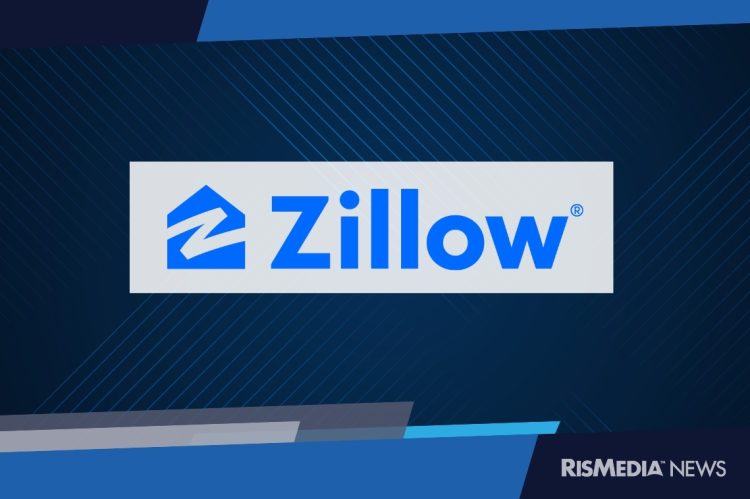A new federal lawsuit alleges that Zillow has been deceiving homebuyers and inflating purchase prices through an alleged scheme involving hidden fees paid by real estate agents, according to court documents filed Thursday in the U.S. District Court for the Western District of Washington in Seattle.
The class-action suit, brought by law firm Hagens Berman alongside Cohen Milstein (both behind the original class-action commission lawsuits in 2019), targets four Zillow entities and claims the company uses its market dominance to illegally inflate costs for homebuyers nationwide. The lawsuit could affect anyone who purchased a home using a Zillow-affiliated agent within the past four years.
“Zillow’s conduct constitutes a violation of Washington State consumer protection laws, which prohibit ‘unfair methods of competition and unfair or deceptive acts or practices in the conduct of any trade or commerce,’” the lawsuit states. Additionally, plaintiffs allege that Zillow tricks prospective buyers into working with company-affiliated agents through deceptive website design.
In a statement shared with RISMedia, a Zillow spokesperson said the lawsuit “fundamentally misrepresents how Zillow operates.”
“Contrary to (the lawsuit’s) claims, we stand by our long held belief that buyers and sellers deserve to have the choice to work with an agent who is committed to their best interests and only represents them. We will vigorously defend ourselves against these claims,” the Zillow spokesperson said.
When users click prominent “Contact Agent” or “Request a Tour” buttons on property listings, they believe they’re reaching the listing agent who represents the seller. Instead, Zillow redirects them to a buyer’s agent who works with Zillow and lacks specialized knowledge about that specific property.
These so-called “Flex” agents must pay Zillow up to 40% of their commission if a sale goes through—a fee that’s never disclosed to buyers or sellers, the lawsuit states. Zillow keeps the identities of these Flex agents secret, leaving buyers unaware their agent is paying significant fees to the platform.
If this feels like dejavu, you’re not alone.
The Zillow lawsuit echoes some of the same arguments plaintiffs made in the landmark National Association of REALTORS (NAR) antitrust lawsuit. Central to that case were issues of hidden fee structures and anti-competitive practices that artificially inflated real estate commissions at buyers’ expense.
Representatives from Zillow could not immediately be reached for comment.
Zillow playing ‘fast and loose’ with practices, attorney says
The attorneys paint a picture of a company with overwhelming control over online real estate searches. Zillow claims 66% of the U.S. real estate audience search share, with 80% of consumers coming directly to its platform—double that of its nearest competitors, according to the company’s own investor presentations cited in the lawsuit.
“Real estate is a unique marketplace where hundreds of thousands of dollars are routinely at play,” Steve Berman, Hagens Berman’s founder and managing partner, said in a news release.
He added: “We believe Zillow is well aware of the potential for ill-gotten gains in this space and has sought to play fast and loose when real people’s basic need of housing is on the table.”
The lawsuit also alleges Zillow forces compliance through its listing policies. Home sellers and their agents must post properties on Zillow within 24 hours of public listing, or face violations—new rules that have already sparked another high-profile lawsuit. After three violations, listings get banned from the platform completely, though sellers can get reinstated—by choosing a Zillow agent.
Generating revenue through referrals
Lead sales to real estate agents represent Zillow’s primary revenue source, growing to over $2 billion last year, according to the complaint. The company records all introductory calls between buyers and affiliated agents, and the lawsuit claims these agents don’t make it clear they’re not the listing agent during initial conversations.
When a Zillow-affiliated agent pays for a lead, they attempt to insert themselves into the transaction to earn a buyer’s commission, typically around 3% of the purchase price.
“Zillow didn’t get to its place of market dominance by presenting a better option or by winning over the hearts of the public, but through what we believe to be deceptive and illegal conduct carefully designed to stifle competition at the expense of its own customers,” Berman said.
Hagens Berman is no stranger to high-stakes real estate litigation. The firm recently secured more than $1 billion in settlements in cases against NAR and four major real estate franchisors over commission rates.
Homebuyers who used Zillow agents in recent years may be eligible to join the class action as the case moves forward through federal court.
Editor’s note: this story was updated at 9:25 p.m. eastern time with comments from Zillow.












